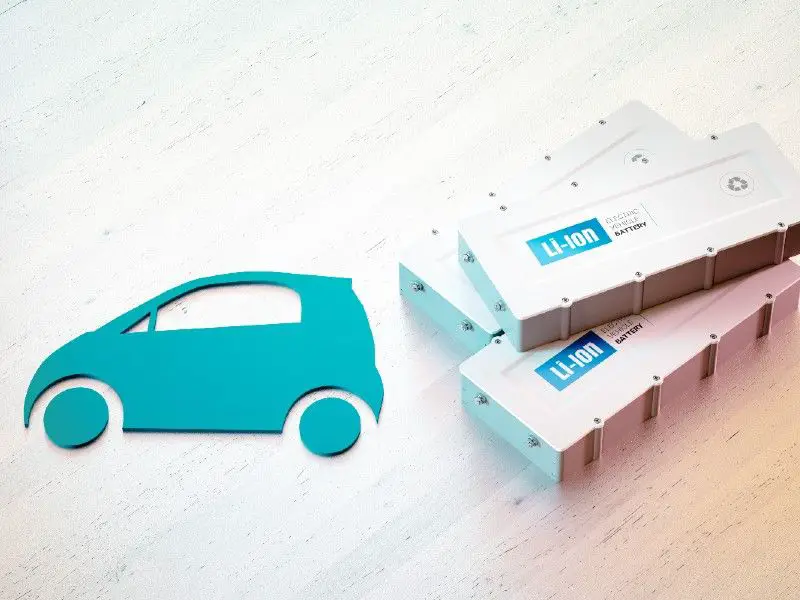All eyes on Africa: Zambia and DRC to partner in manufacturing EV battery.
Zambia and the Democratic Republic of Congo (DRC) have signed cooperating agreements to start manufacturing electric batteries. The agreement which includes the clean energy sector will explore minerals rich in both countries


Zambia and the Democratic Republic of Congo (DRC) have signed cooperating agreements to start manufacturing electric batteries. The agreement which includes the clean energy sector will explore minerals rich in both countries which are key raw materials in the manufacturing of electric car batteries.
Zambia and DRC have vibrant mining sectors. They form part of the so-called “Copper belt” which stretches from the Central African Republic, the DRC, and Zambia. This region accounts for the world’s largest supplier of cobalt, a mineral used in the production of lithium-ion batteries.
Benchmark Mineral Intelligence, a body that researches and publishes market data on the lithium-ion battery and EVs supply chain, states that global demand for cobalt has tripled since 2011 in the battery sector alone. It further predicts that demand for cobalt will reach 190,000 metric tons by 2026.
Whereas the precious metal cobalt is sourced largely from the DRC and Zambia, refining and value addition to the metal takes place elsewhere, in countries such as Belgium, China, Finland, and Norway. Zambia has advanced its manufacturing sector with the potential to produce car batteries.
For this reason, the southern African country has sought a partnership with its neighbor DRC to boost its mining and manufacturing sectors to be able to take advantage of the global demand for cobalt and lithium-ion batteries. By doing so, they hope to shorten supply lines between cobalt refineries and battery-making plants.
Zambia's President Hakainde Hichilema said that the signing of cooperation agreements between Zambia and the DRC to start manufacturing electric car batteries is key to poverty alleviation on the continent.
President Hichilema said that the agreement had removed shame from Africa which has been known as an exporter of raw materials. The President however said the signing is one thing and emphasized the need to actualize the agreement.
Mr. Hichilema says Africa has long been viewed as a source of raw materials but the narrative is now being changed. The President thanked the DRC government for staying the course and providing leadership over the initiative.
And DRC President Felix Tshisekedi said the two countries are home to at least 80 percent of minerals required for producing electric car batteries.
Mr. Tshisekedi said Zambia and the DRC have decided to be masters of their own destiny. He said the agreement will create a value chain for the production of batteries for electric cars which will be key to the economies of Zambia and the DRC. Mr. Tshisekedi said Africa’s economic power will be advanced with such initiatives which will create jobs for many youths.
Zambia’s foreign affairs and international cooperation minister Stanley Kakubo expressed support for the partnership saying: “The joint Zambia-DRC battery precursor initiative has the vision to create a competitive electric vehicle battery value chain aimed towards sustainable development and inclusive growth. It is in line with the country’s development aspirations to bring about a more diversified and industrialized economy which will contribute towards job creation and the improvement of the Zambian people’s livelihoods.”
Several Chinese, Japanese, US, and European automakers have assembly plants in South Africa for traditional cars but electric car producers like Tesla are absent. It is only hoped that as EVs become more popular and initiatives like that of Zambia and DRC take off, the situation will change.
Source:
i) Lusaka times (2022) Zambia and DRC sign Cooperating Agreements to Start Manufacturing Electric Batteries.
ii) Derrick Silimina (2022) Zambia and DRC partnering in battery production




